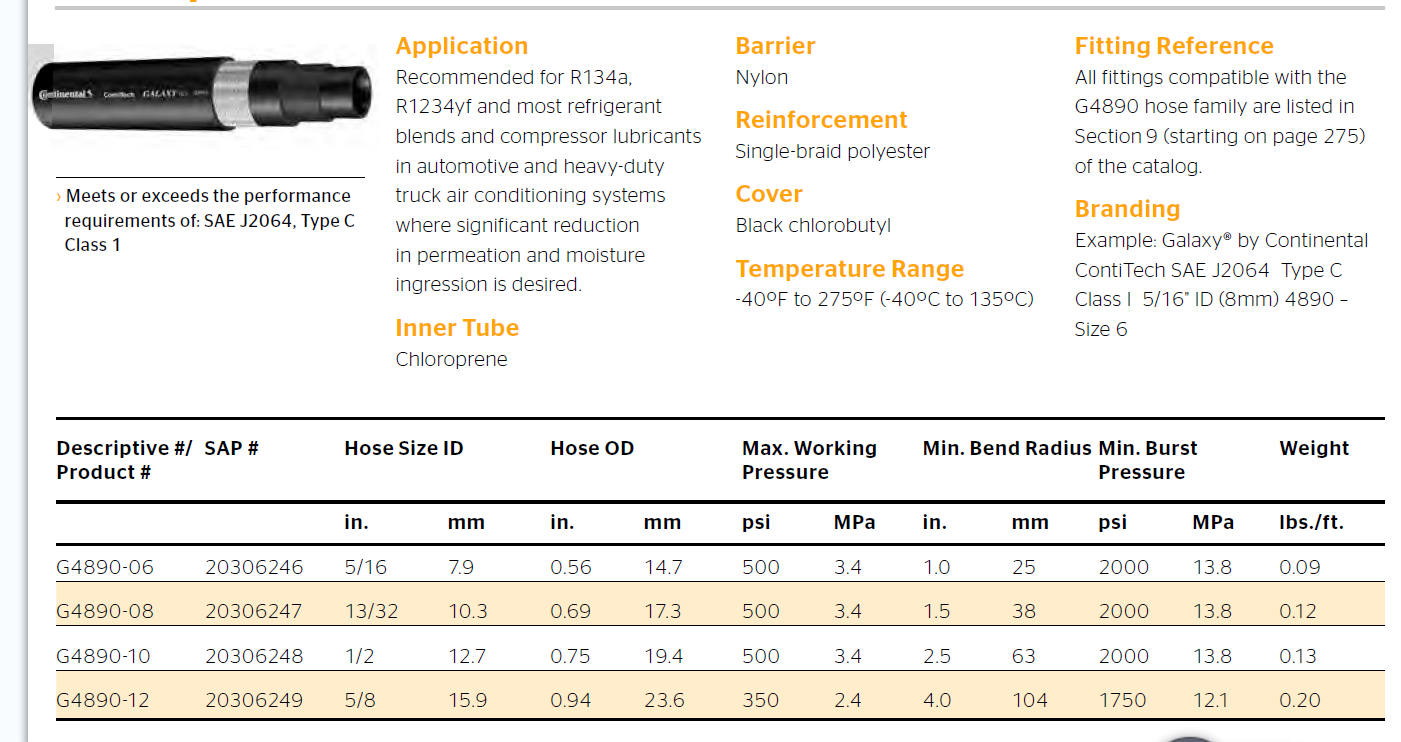Flexible Fuel Delivery System for Enhanced Performance and Efficiency
Dec . 16, 2024 12:07 Back to list
Flexible Fuel Delivery System for Enhanced Performance and Efficiency
The Importance of Soft Fuel Lines in Automotive and Industrial Applications
In the dynamic world of automotive and industrial applications, the components that connect systems and facilitate the flow of fluids play a crucial role in ensuring efficiency and safety. One such component that often goes unnoticed is the soft fuel line. These flexible tubes serve as conduits for fuel, coolant, and other essential fluids, but their significance extends beyond mere transportation. Understanding the characteristics and benefits of soft fuel lines can provide insights into their role in modern machinery and vehicles.
Versatility and Design
Soft fuel lines are primarily made from materials such as rubber or thermoplastic, designed to withstand varying temperatures and pressures. This versatility makes them ideal for both automotive engines and industrial machinery, where conditions can vary significantly. Unlike rigid fuel lines, soft fuel lines offer flexibility, allowing for easier installation and routing in tight spaces. Their ability to bend and adapt to the layout of a system reduces the risk of damage during operation and minimizes the chances of leaks.
Durability and Resistance
One of the most critical factors in selecting fuel lines is durability. Soft fuel lines are engineered to resist the corrosive effects of fuels and oils, as well as the wear and tear induced by factors like temperature fluctuations, chemical exposure, and mechanical stress. High-quality materials can withstand extreme conditions, ensuring longevity and reducing the risk of failures that could lead to dangerous leaks or fuel contamination. Regular inspections and maintenance are still necessary, but using durable materials significantly decreases the likelihood of malfunction.
Safety Considerations
soft fuel line

Safety is paramount when it comes to fuel systems. The use of soft fuel lines can enhance safety through design features such as reinforcement layers that prevent bursting under high pressure. Additionally, many soft fuel lines come with built-in fire resistance, adding an extra layer of protection in environments where fire hazards are a concern. Proper installation and adherence to manufacturer specifications are critical to ensuring these safety features are effective.
Performance Efficiency
Another vital aspect of soft fuel lines is their contribution to performance efficiency. By ensuring a secure and leak-free connection between pumps, tanks, and engines, these lines help maintain optimal fuel flow. This is essential for achieving the desired power output and efficiency in vehicles and machinery. Clogged or damaged fuel lines can lead to a drop in performance, increased fuel consumption, and higher emissions, making the choice of fuel line a significant factor in overall system efficiency.
Environmental Considerations
With a growing emphasis on environmental sustainability, the materials used in soft fuel lines are also evolving. Manufacturers are increasingly adopting eco-friendly materials that reduce the environmental impact. Additionally, the ability to prevent leaks minimizes the risk of fuel spills, contributing to environmental protection efforts. Proper disposal and recycling of old fuel lines are also important, aligning with broader sustainability goals in the automotive and industrial sectors.
Conclusion
In conclusion, soft fuel lines may seem like a minor component in the larger framework of automotive and industrial systems, but they play a vital role in ensuring efficiency, safety, and performance. Their versatility, durability, and safety features make them indispensable in today’s high-performance environments. As technology continues to evolve, soft fuel lines will likely see advancements that further enhance their functionality and sustainability, solidifying their place as an essential component in modern machinery and vehicles. Understanding and maintaining these critical elements can lead to safer and more efficient operations across various applications.
